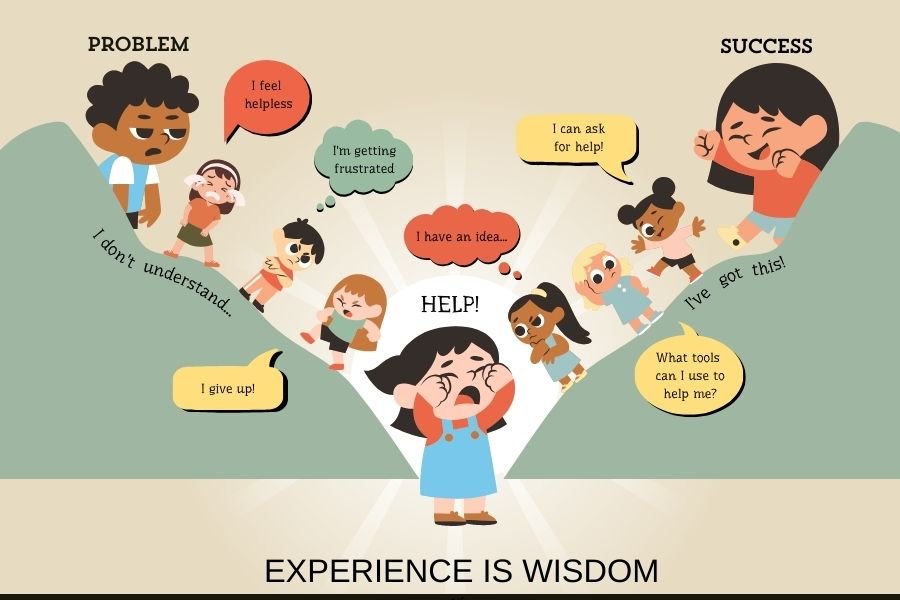Implications for schools and teachers and consequences of limited environments for children.
Have you felt children are zoned out in online classes? Have you felt students are not able to articulate or speak their minds well? If yes, then this is a normal experience told by teachers and parents in online classrooms. Most children in the classroom feel less motivated and tiered to attend classes which impedes their attention span and concentration. Channelising their energies becomes important for parents and teachers to regulate their emotions and motivation levels. Students’ emotional and social needs are devalued in such circumstances but understanding the long-term effects of uncertainty can overwhelm students’ needs to socialize in the online classrooms. Socio-emotional skills are also known as non-cognitive skills or life skills that help individuals to engage with others in social relationships and institutions of social value. The complex skill is not that complex if special attention can be paid to the curriculum development and teaching styles.
There are four main factors that participate and interact in the development of socio-emotional skills in the classroom. These factors can be helpful in creating online education where multiple stakeholders from teachers’ administrators to parents are involved.
Curriculum design
This involves the question of WHAT- what is the appropriate content that needs to be taught to the children that imparts training in soft skills in children on an online platform. Content needs to be precise and concrete which looks at one aspect of socio-emotional learning along with other skills. For instance, learning mathematical calculations by creating stories on sharing toffees with friends.
Pedagogical methods
This refers to the set of skills and techniques, language, medium of instructions, etc. that fosters the learning process. Concretely, this factor relates to teachers’ teaching styles which can vary depending on the teacher’s experience and preferences. Nevertheless, the use of audio-visual aids along with collaboration can be quite effective ways of teaching in online mode. Teachers can engage in activities that are not necessarily part of the syllabus but helps them to express and feel heard in the classroom participation.
Classroom Management
This includes the skills, techniques, and behaviors that enable teachers to organize students and classwork. The use of various applications like google classrooms can be useful at the same time help children learn to be organized and manage classwork more judiciously. The idea of classroom management should not be the sole responsibility of the teachers but students can also be given responsibilities that give them a sense of agency to participate further.
Classroom climate
This refers to the quality and type of school life and depends on norms, values, interpersonal relations, social interactions, and organizational processes and structures. Though in online mode it has limited scope to be explored yet following norms, going according to roll call or not interrupting speakers, and waiting for their turns can be few examples. The morale of the classroom determines the classroom climate.
These factors do not work alone but their interaction with the students determines the development of socio-emotional skills. Once these factors are explored in a collaborative effort with teachers and parents, the child’s socio-emotional skills will progress.














